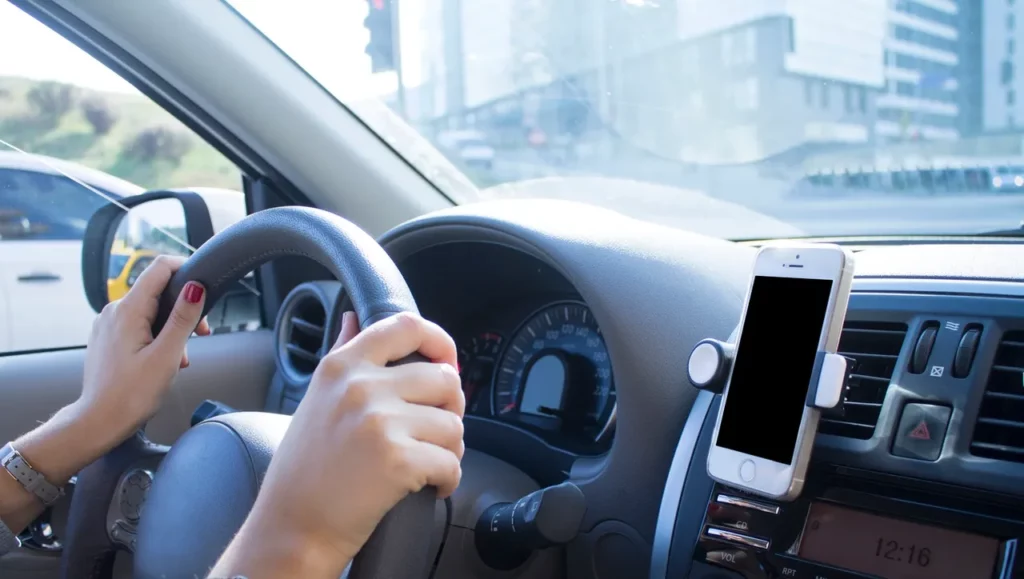Dangerous Driving Occasioning Grievous Bodily Harm or Death
Home / Services / Traffic Offences / Dangerous Driving Occasioning Grievous Bodily Harm or Death
Dangerous Driving Occasioning Death

Secure the strong legal defence you deserve

Sydney Driving Lawyers
The offence of dangerous driving occasioning death is found within section 52A of the Crimes Act 1900 (NSW). The offence is separated into ‘basic’ and an ‘aggravated’ versions of the offence. The basic offence under section 54A(1) is punishable by a maximum of ten years’ imprisonment. The aggravated offence under section 54A(2) is punishable by a maximum of fourteen year’s imprisonment.
What is Dangerous Driving?
Whether or not a particular manner of driving is ‘dangerous’ will depend upon circumstances such as the time of day, weather conditions, nature of the road surface and the general surroundings. This is an objective test that does not take into account any personal characteristics of the accused or their belief at the time of the impact.
To establish the offence of ‘dangerous driving’, the driver must ‘so seriously’ fail to properly control and manage the vehicle, such that it creates a ‘real danger’ of harm to other persons, ‘far exceeding’ that which arises from the normal use of a motor vehicle (Criminal Trial Courts Bench Book).
To be found guilty?
The prosecution needs to provide that the accused person was driving a vehicle when it was involved in an impact that caused the death of another person. The prosecution also needs to prove one of the following:
- that the accused person was under the influence of alcohol or drugs, or
- speeding, or
- driving dangerously
This offence is a strict liability offence (Jiminez v The Queen (1992) 173 CLR 572). This means that the prosecution does not have to prove that the accused had an intention to drive dangerously or cause the death of another person.
For the basic offence of dangerous driving occasioning death, the Prosecution must prove the following elements:
- The vehicle was driven by the accused.
A person is considered to be ‘driving’ if he or she is ‘in control of the steering, movement or propulsion of a vehicle’ (Road Transport Act 2013 s 4(1)). This does not require a person to have control of the wheel and includes any mode of stopping or starting the vehicle, such as releasing the brakes (R v Affleck (1992) 65 A Crim R 96, 98). - The vehicle was involved in an impact.
An ‘impact’ is defined broadly in the legislation and can include the following situations: an impact between the vehicle and any other object or person, the vehicle overturning, and a person impacting with an object or the ground whilst in or on the vehicle. It also includes a situation in which the vehicle driven by the accused causes another vehicle to be involved in an impact. - The impact caused the death of another person.
- The accused was, at the time of the impact, driving the vehicle:
- Under the influence of intoxicating liquor or of a drug, or
- At a speed dangerous to another person or persons, or
- In a manner dangerous to another person or persons.
What are aggravating factors?
The offence will be aggravated when for example the person was highly intoxicated, greatly speeding or trying to escape the police.
To be found guilty of aggravated dangerous driving occasioning death, in addition to the elements of the basic offence specified above, one of the following circumstances of aggravation must also be present:
- The accused had a BAC level of 0.15g/100ml or higher (HIGH RANGE PCA); or
- The accused was driving more than 45km/h over the speed limit; or
- The accused was driving the vehicle to escape police pursuit; or
- The accused’s ability to drive was very substantially impaired because the accused was under the influence of a drug (other than alcohol) or a combination of drugs (that can include alcohol).
Contact Criminal Lawyers Group on 0424 230 074 or via email at info@criminallawyersgroup.com.au if you have been charged with a offence. Our team is committed to obtaining the best results for your case, ensuring that you receive comprehensive legal support every step of the way
Why Choose A Criminal Lawyer From Criminal Lawyers Group?
Our Criminal Lawyers are award-winning criminal lawyers that specialise in criminal offences. Whether it’s a traffic infringement or a serious criminal case our lawyers are here to assist in providing you specialised criminal representation.
CASE STUDY
Mr Mercael represented a man charged with Dangerous driving occasioning death. He had been driving a car, under the influence of alcohol, when a passenger and his best friend decided to stick his body out of the car before falling out and dying. After lengthy negotiations our client pleaded guilty to a single count and ultimately avoided a jail sentence.
CASE STUDY
Our Principal, Steven Mercael, appeared for a 60-year-old man who was charged with counts of dangerous driving occasioning death and negligent driving occasioning death. He was on the way home from work when a two people ran across the poorly lit road which caused a major collision. Mr Mercael subpoenaed council records which confirmed numerous complaints by members of the community about issues with the street lights in that exact spot the collision occurred. The DPP did not withdraw the charge, and the matter had to proceed to trial where our client was ultimately found not guilty of all charges.
Steven Mercael
Principal Lawyer
